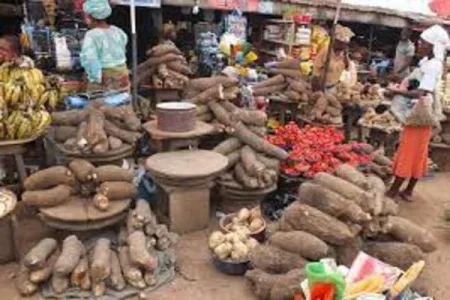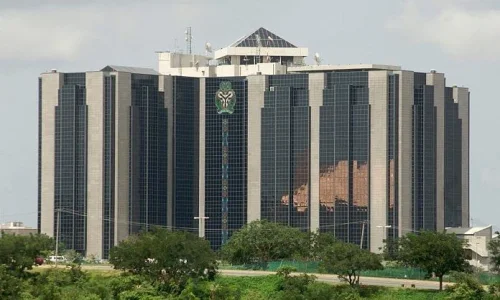
Nigeria's inflation surged to 32.70% in September 2024, influenced by a rise in fuel prices, with food inflation also increasing to 37.77%. The National Bureau of Statistics reported a 0.55% month-on-month rise, prompting the Central Bank to raise interest rates to 27.25% to combat inflation.
Nigeria's inflation has risen to 32.70% in September 2024, up from 32.15% in August, largely driven by recent fuel price hikes, as reported by the National Bureau of Statistics (NBS) on Tuesday. This increase marks a significant 0.55% jump compared to the previous month and represents a staggering 5.98 percentage point rise from September 2023, when inflation was recorded at 26.72%.
The report highlights that the month-on-month inflation rate also escalated to 2.52%, up from 2.22% in August. This indicates that the average price level in September increased more rapidly than in the previous month. Food inflation, a critical component of the overall rate, climbed to 37.77% in September, compared to 37.52% in August, exacerbated by fuel price increases on September 3rd and 16th, when the Nigerian National Petroleum Company Limited (NNPCL) raised the price of petrol from N600 to N897 per liter.
The impact of these price hikes is being felt across the country, particularly in transportation costs, which in turn raises the prices of essential goods and services. Following this inflation spike, the Central Bank of Nigeria recently raised the interest rate by 50 basis points to 27.25% to combat rising inflation. The economic landscape remains uncertain as Nigerians brace for the potential long-term effects of these increases on their daily lives.




